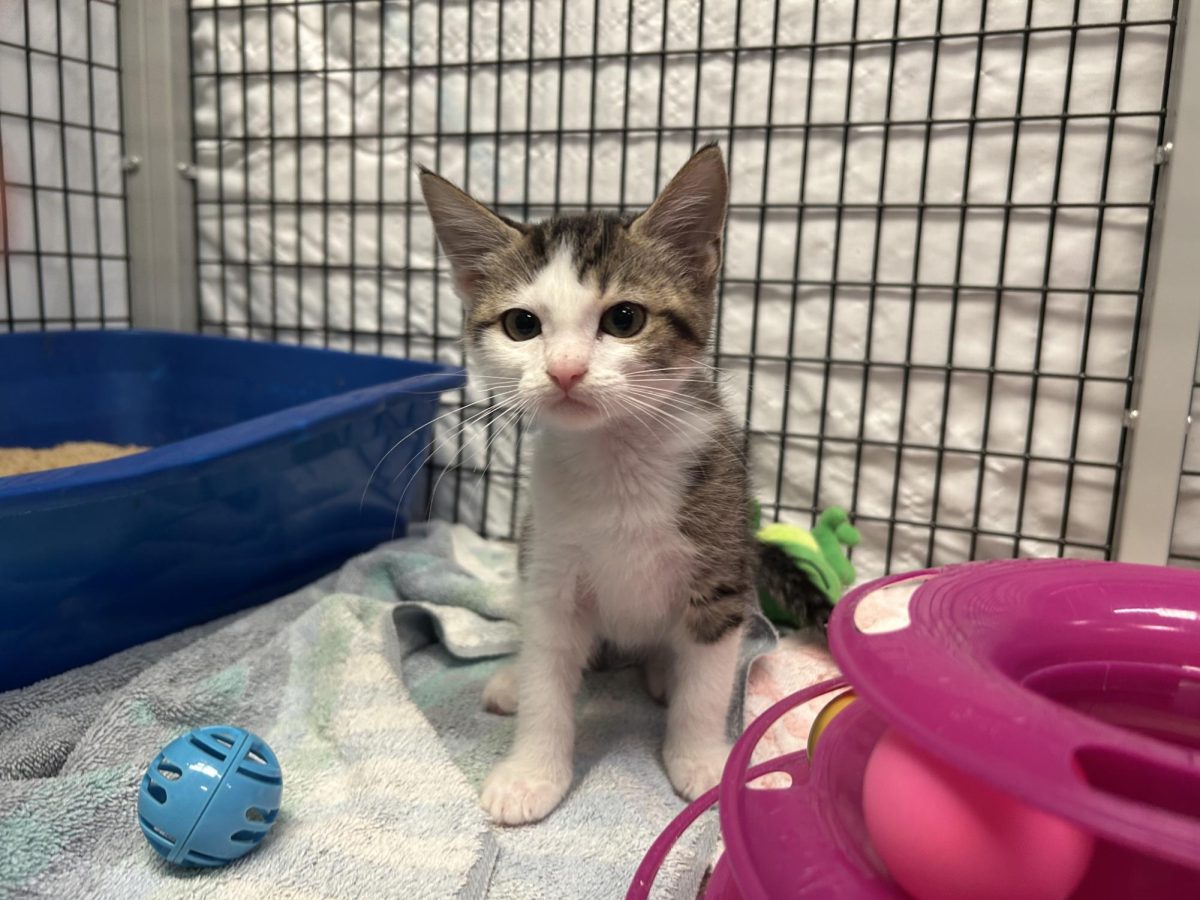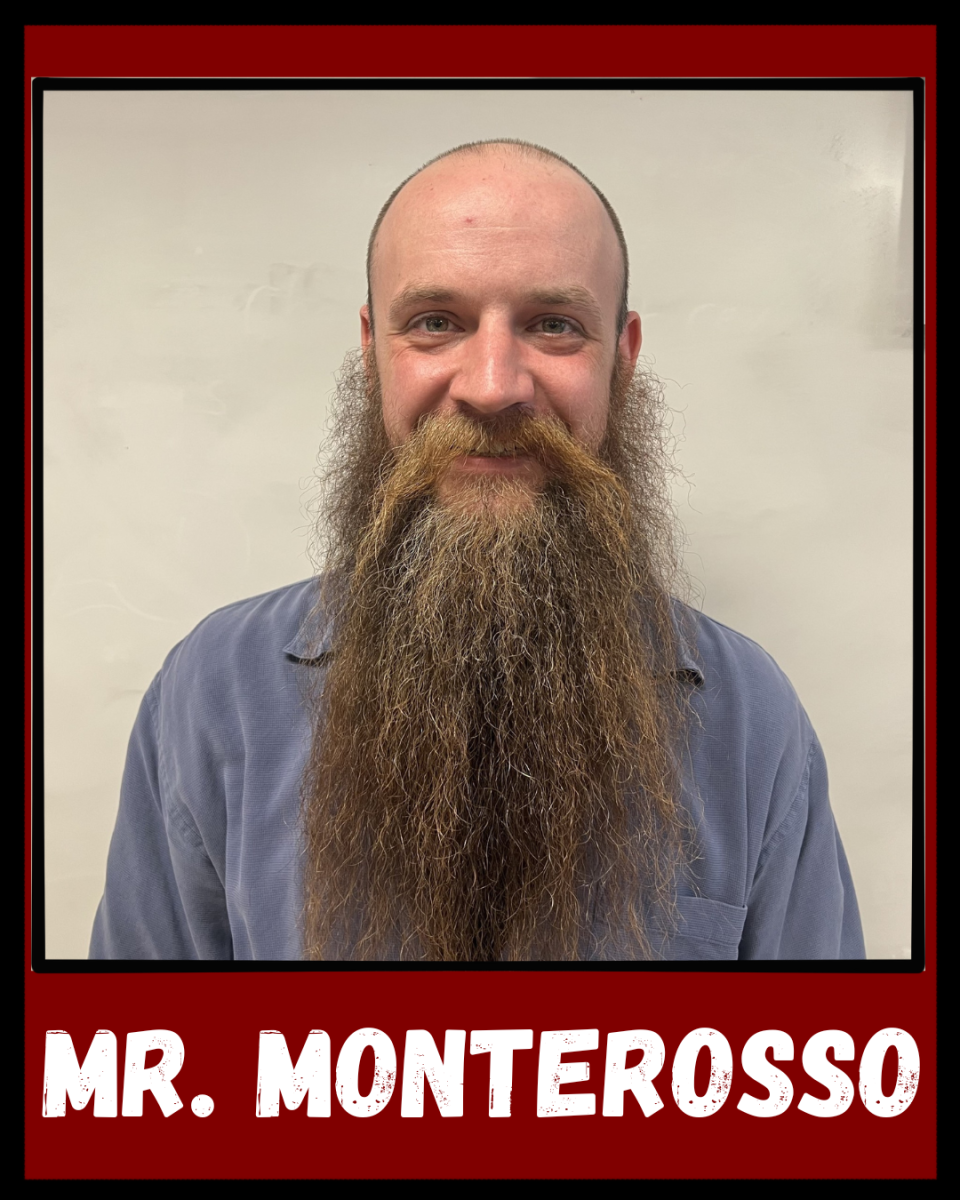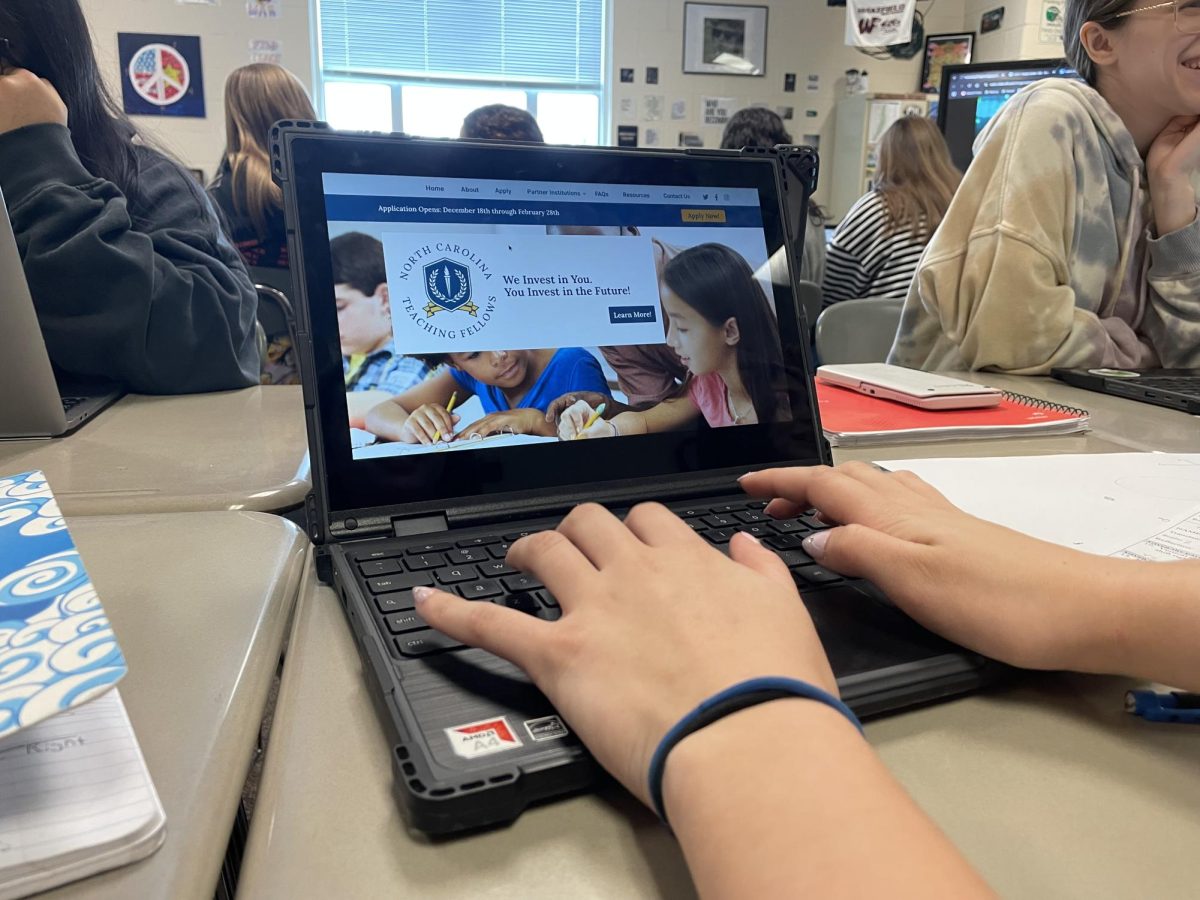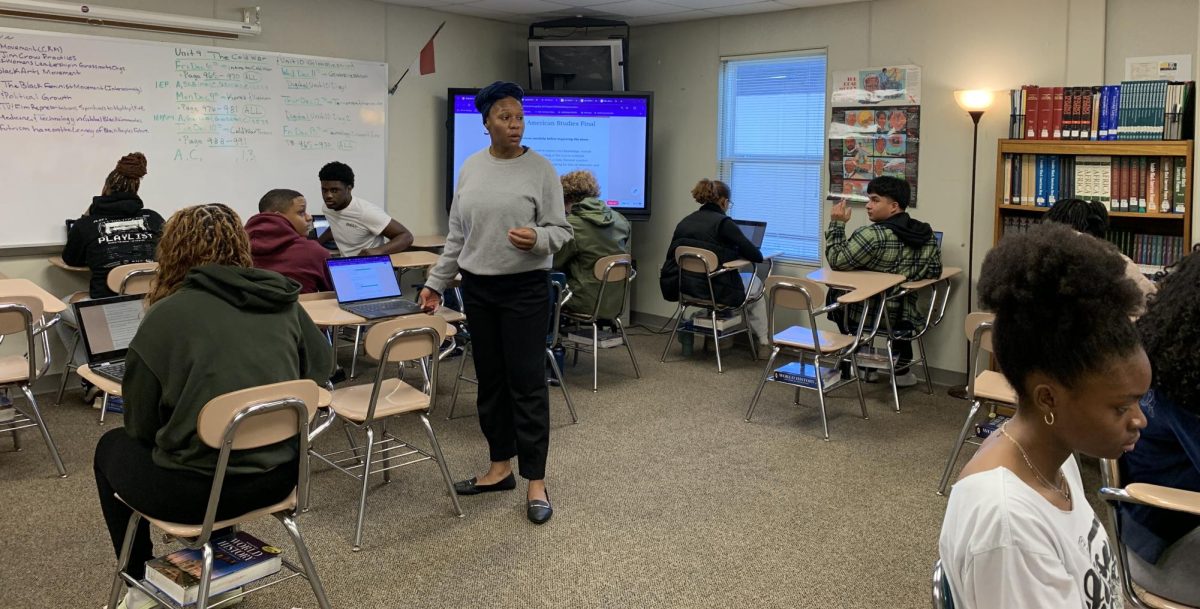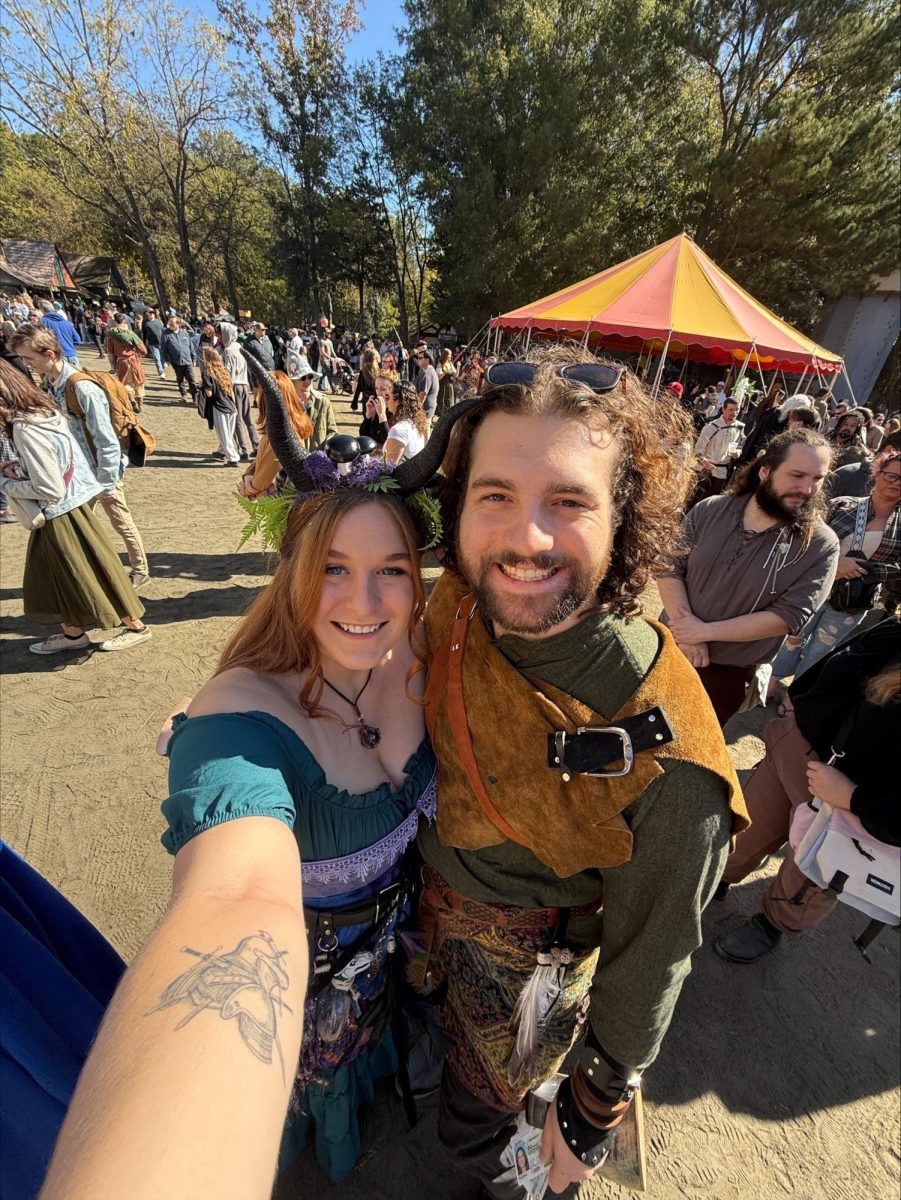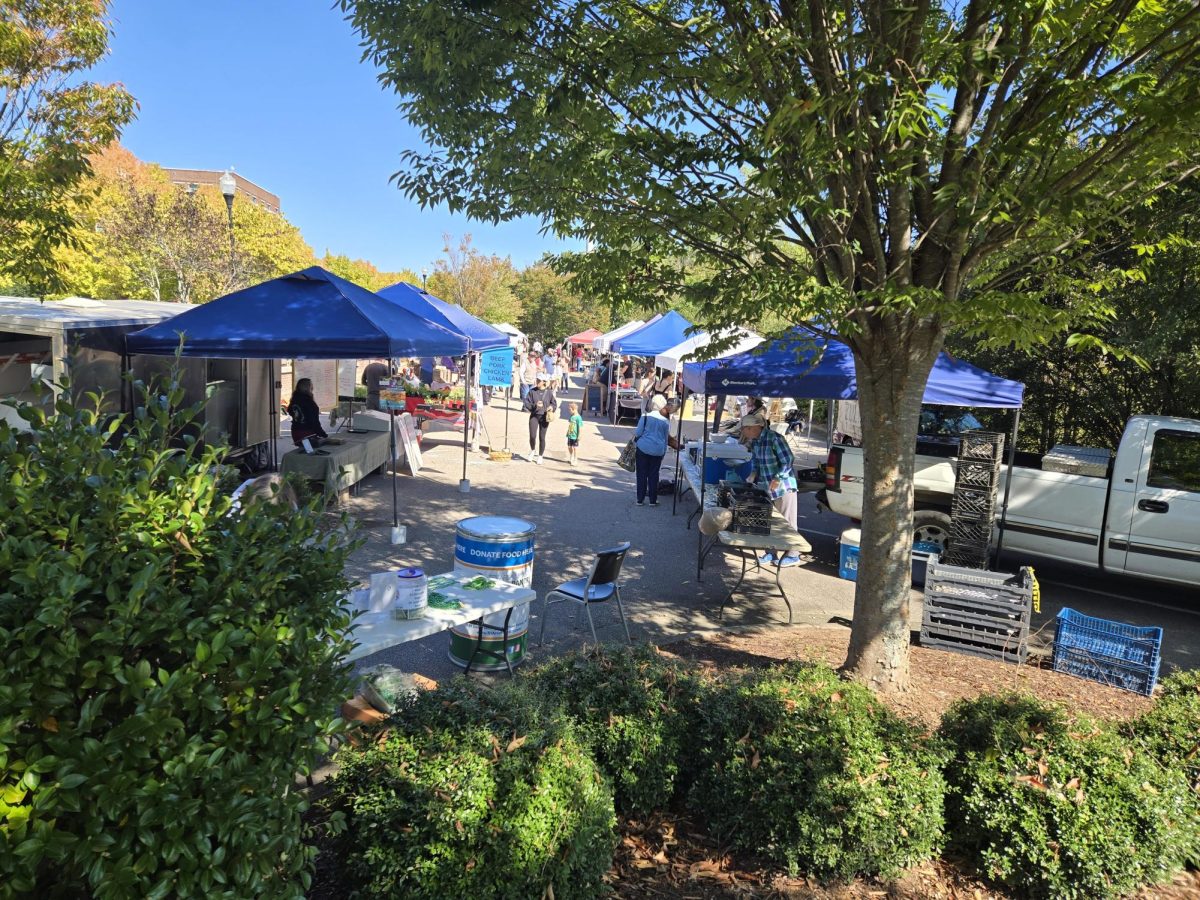In recent years, there has been a rising issue with the overpopulation of dogs and cats in North Carolina. The abundance of pets and scarcity of homes can be traced back to the high number of unspayed and unneutered animals. Tragically, many of these animals find themselves in shelters where space constraints often result in euthanasia: the injection of a death-inducing drug. However, local Raleigh rescue organizations and shelters such as Freedom Ride Rescue and SAFE Haven For Cats are dedicated to spreading awareness and matching these displaced animals with caring families.
Freedom Ride Rescue is a non-profit organization dedicated to working towards a no-kill state. This is done by their foster based network that helps to rehabilitate dogs until they can be adopted. Co-founder Mollie Doll started the organization back in 2019 when North Carolina came out as third in the nation for highest euthanasia rates. Doll has seen the impact of such overpopulation firsthand through Freedom Ride Rescue’s rehoming process. She believes that state legislation is the most effective approach to tackle this problem.
“Until we have spay and neuter laws, which require pet owners to be responsible and get their animals altered, we’re going to continue this cycle of having more and more pets,” Doll said.
Freedom Ride Rescue is built upon its large and dedicated volunteer base. Loyal volunteer Stephanie Trojan has been involved in rescue organizations since 2017 and has fostered 22 dogs. She believes that spreading awareness about the overpopulation of pets is the best way to address the problem, particularly by educating children.
“The kids are the only ones who are going to potentially influence the parents,” Trojan said. “[We need to get] the message into the schools, whether that’s a book or getting kids [to attend] the shelters and rescue events.”
Another local organization, SAFE Haven For Cats, is a non-profit and no-kill shelter that actively works to address the matter of pet overpopulation. SAFE Haven For Cats shelter care team lead, Cat Wursta, weighs in on the factors that contribute to the abundance of pets without homes that end up in North Carolina’s shelters.
“One of the largest factors is the fact that spay/neuter services and clinics had to shut down during the height of the pandemic,” Wursta said. “This was a huge chunk of time where feral and stray cats were able to reproduce rampantly with nothing stopping them.”
Specific goals of the shelter are to end pet homelessness and the use of euthanasia to control animal population. This is done not only through the shelter itself but through their clinic and pet-food pantry as well. In their clinic, SAFE Haven For Cats uses TNVR, which stands for trap, neuter, vaccinate and release. While on the shelter side, they will pull cats from other shelters that are at risk of being euthanized. However, the biggest challenge to this system is the amount of cats versus the limited space. Wursta explains the efforts of the team to make space as quickly and frequently as possible.
“We’ve done our best to get our process to give the cats as quick of a turnaround time from quarantine to the adoption floor as possible, meaning once they are moved out of the shelter, we can then save more cats,” Wursta said.
It is dire to know that everyone can make an impact, even if they cannot adopt a pet themselves. SAFE Haven For Cats’ director of operations, Patti Godin, stresses the importance of proactive involvement in addressing pet overpopulation.
“Volunteering and donating to rescues and shelters that promote spay/neuter is a great start,” Godin said. “People who are connected in this way are equipped to talk about pet overpopulation in ways that are not judgmental or accusatory.”
Pet overpopulation continues to be a significant challenge in North Carolina, but these two groups are making a real difference. By raising awareness about the issue and directly working against it, their efforts are shaping a better future.
“Hopefully in [the future] we will have a place where we don’t need rescue,” Doll said. “We will have enough homes to put all the great dogs in that are out there.”





